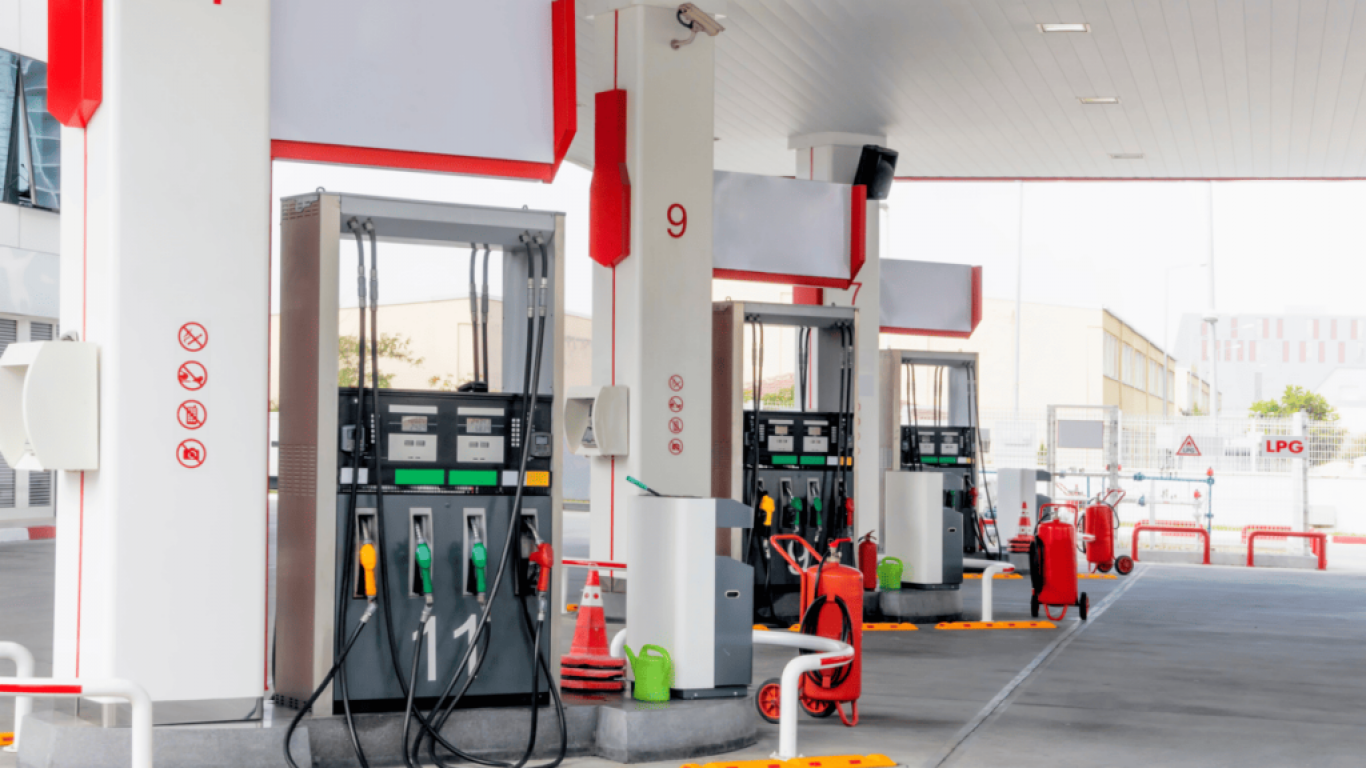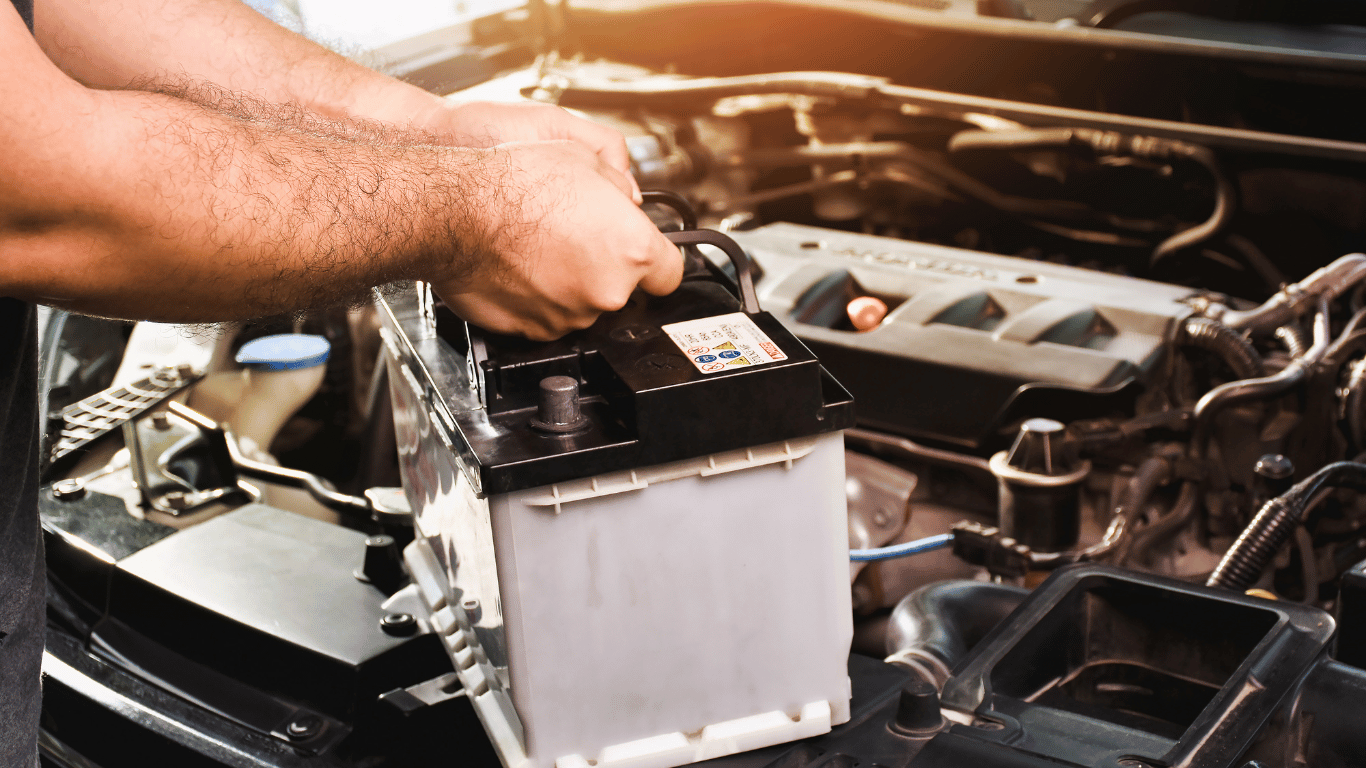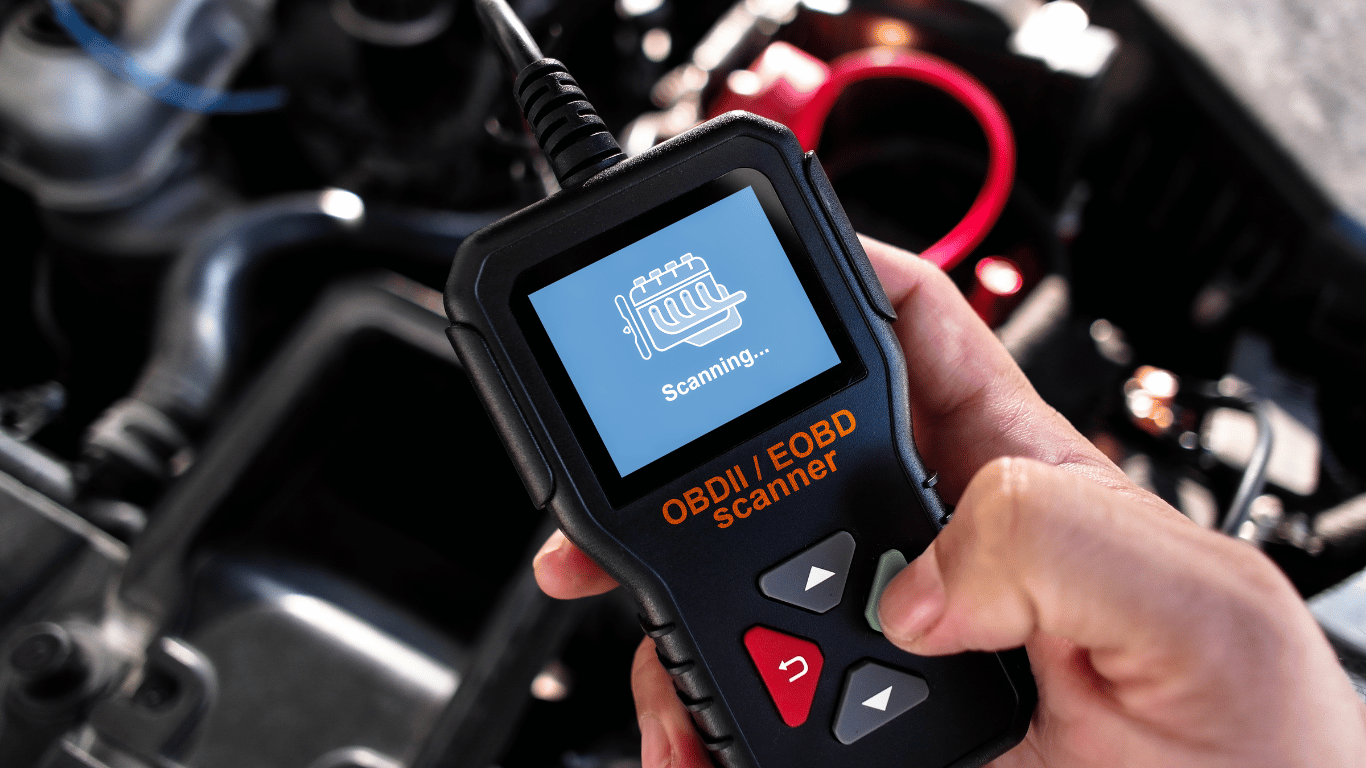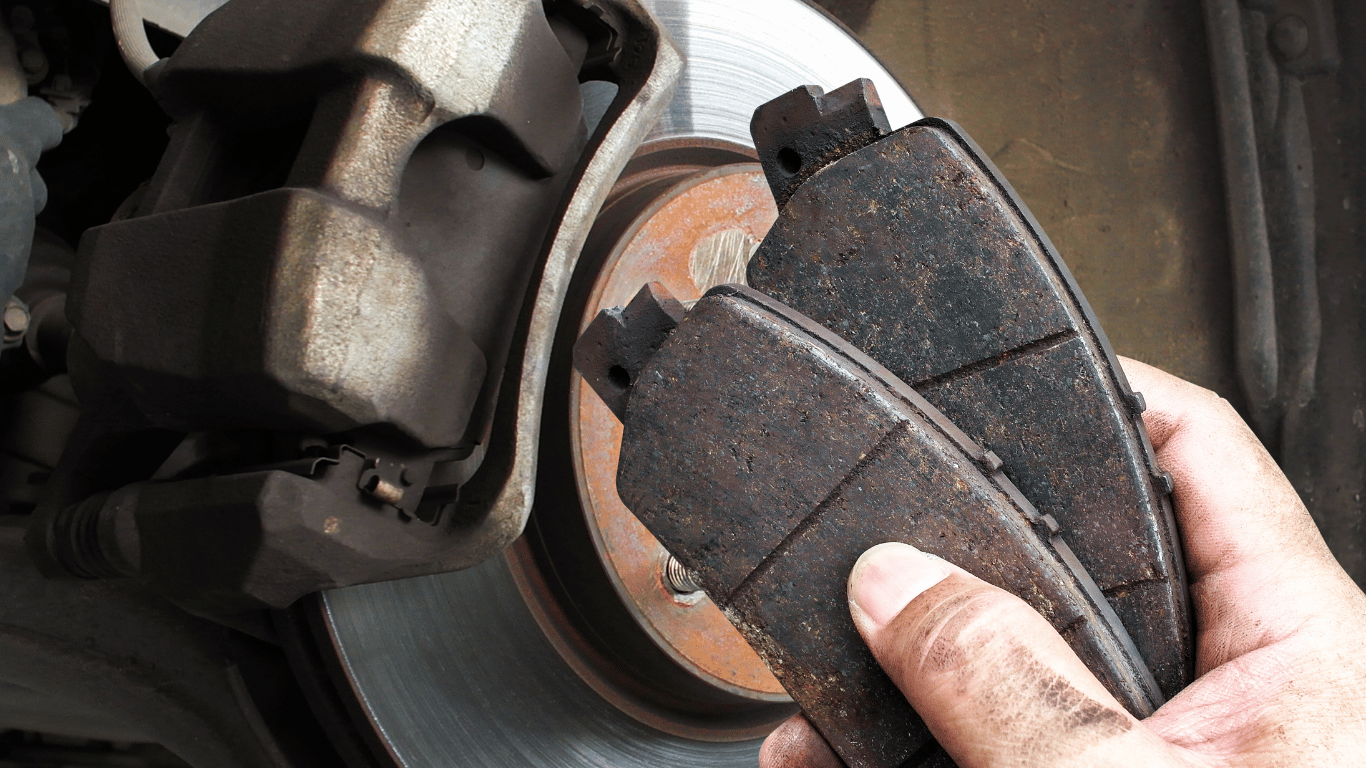We all want to save money in every aspect of our lives. There are many ways to save money on electricity by using your appliances correctly and saving money on insurance with a low-risk driving style. But how much is fuel consumption impacting the costs of running your vehicle? It’s hard to imagine the actual cost of fuel if it’s not something we think about every day.
If you want to optimise your fuel consumption, it’s vital to learn how your car operates and what changes to make. This guide will give you some tips about reducing the amount of fuel consumed by your vehicle. If you want to reduce fuel to save money and the environment, this guide will show you how.
Driving style
Keeping your driving style smooth will save you a ton of money on petrol. You can start by using the highest gear possible and accelerate gently. Pressing down firmly on the accelerator pedal will increase fuel consumption, so avoid braking if you see that you’re going too fast for the road. Instead, lift off the accelerator slightly to slow down smoothly and without losing momentum (you’ll also be able to hear your engine running more quietly). Don’t coast with your foot off the accelerator, as you’ll use more fuel later to get back up to speed again.
Stop-start driving uses a lot more fuel than cruising at a steady pace. If you can avoid short journeys altogether, do so and instead lump them together into one trip whenever possible. Also, make sure not to leave any heavy items in your boot as they’ll add weight and increase fuel consumption further.
Try not to use air conditioning unless necessary because it increases drag on the engine and requires more fuel to run smoothly (also known as a parasitic loss). Using cruise control effectively keeps a constant speed, reducing excessive acceleration and deceleration (using extra petrol) when maintaining different speeds over time or in changing traffic conditions.
Routes and speed
When you’re on the road, it’s essential to know how much fuel you’re consuming. You might not need to take every shortcut or speed up to cover more ground. Still, by knowing exactly how much fuel is being used, you can make better decisions about your speed and route.
While there are plenty of easy ways to find out how much the car is burning (like checking the fuel gauge), there’s also a shortcut that should be mentioned: cruise control. Cruise control is an automatic function that keeps your car going at a steady speed the driver sets, so they don’t have to keep holding down the accelerator pedal. While this sounds like a great feature, there isn’t one standard for different cars—they all have other systems, so we recommend using the GPS navigation system if you want something reliable and dependable.
Tyre pressure
Besides the vehicle load, two significant factors influence tyre life. The first is correct tyre inflation pressure, and the second is the tyres’ condition. Correcting the inflation pressure on your car’s tyres can improve its fuel consumption by 10%. Still, it’s dangerous too – if your tyres are underinflated by 1 bar (15psi) for every 1000km of driving, their life will be reduced by 20%.
You can find the correct inflation pressure for your vehicle in either one of two places; either on a placard on the driver’s door frame or in your vehicle owner’s manual. Make sure you check that these pressures match those written on the sidewall of your tyres as well. It is important to note that each tyre has its individual recommended pressure. The tyre pressure may differ from other tyres fitted upon your cars, such as different front and rear pressures.
You should check tyres at least once a month and when they are cold, i.e., not immediately after being driven upon and before driving off again (as this will cause an inaccurate reading). Tyre pressures can be checked with a digital or analogue gauge available at most service stations for free or purchased at participating service stations or automotive supply stores.
Vehicle maintenance
To get the total value out of your vehicle, you should maintain it regularly. Here are some tips for maintaining your vehicle and improving your fuel economy:
- Have regular oil changes
- Check the air pressure on your tyres,
- Clean your air filter
- Keep your spark plugs clean,
- Check the oxygen sensors,
- Get a tune-up
- Keep your engine cool,
- Check your brakes
Keep your vehicle in tip-top shape to save fuel
Operating a car requires fuel. And just like in any other endeavour, it’s essential to keep your vehicle in tip-top shape if you want to save money on it.
- Keep your car’s engine tuned up: The first thing you should do is ensure that your vehicle’s engine is tuned correctly. Tuning up your car’s engine will help maximise power and fuel economy while reducing tailpipe emissions.
- Use the recommended grade of motor oil: Using the right motor oil can reduce friction because motor oil lubricates moving parts in engines; thus, reducing friction helps engines run more efficiently and use less fuel.
- Don’t carry unnecessary weight: Avoid keeping unnecessary items (e.g., ski racks, luggage carriers) on top of your vehicle when they’re not being used. An extra 45 kilograms in your vehicle could reduce your litres per kilometre by 1 per cent to 2 per cent at highway speeds and by even more on city streets.
- Don’t idle for more than 30 seconds: Idling uses about one to a two-litre of fuel per hour, depending on engine size and air conditioner operation. In addition to costing you money at the pump, idling also produces carbon dioxide emissions that contribute to climate change and releases toxic pollutants into the air that pose serious health risks for children, seniors and people with respiratory problems such as asthma or heart conditions such as angina or congestive heart failure.
- Avoid short trips: Short trips result in less efficient warming up of the engine; frequent stop-and-go traffic wastes petrol through accelerations; and frequent parking and restarting burns fuel unnecessarily without allowing a chance for the recovery time needed between start-ups when catalytic converters are most polluting (these are devices installed in vehicles’ exhaust systems whose purpose is controlling exhaust emissions).
You can do many things to improve your fuel consumption, from driving more smoothly to reducing friction in your engine. This guide has covered how to reduce the amount of fuel you use and save the most money when filling up at the petrol pump. The tips above should help you understand everything about fuel consumption and how to get the best value for money.
Fuel consumption is as important to consider as your driving style and your vehicle’s maintenance. However, fuel consumption is just one part of the cost of using your vehicle. All aspects of your auto maintenance should be considered when determining the overall costs to operate your vehicle.
Read more: Why It’s Important To Take Care Of Your Car And When To Schedule Regular Maintenance



